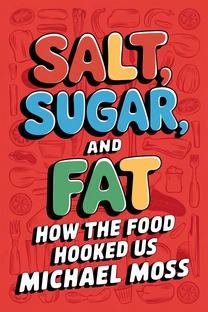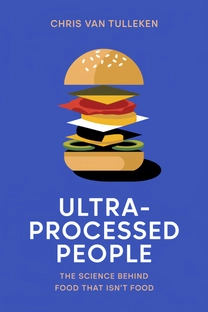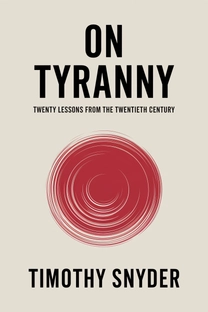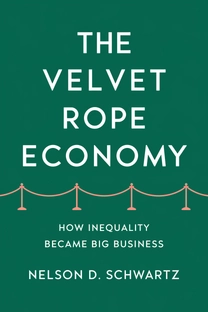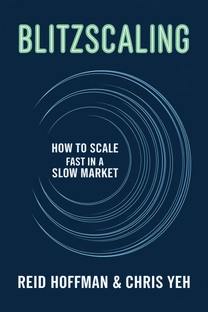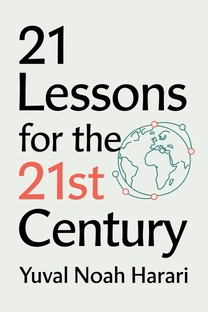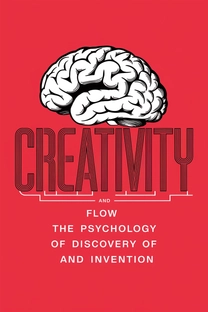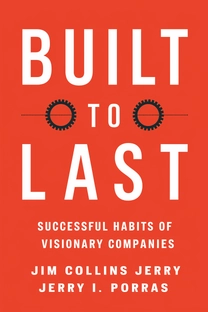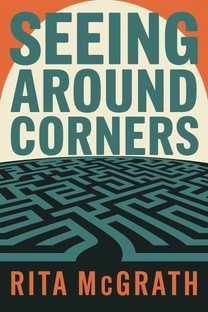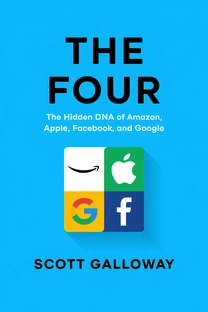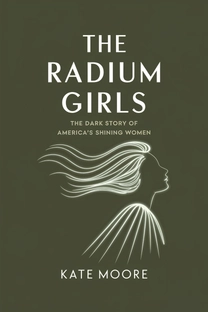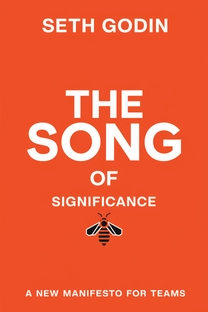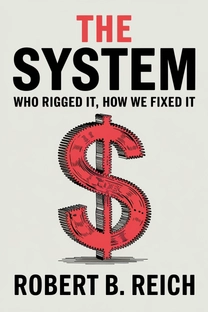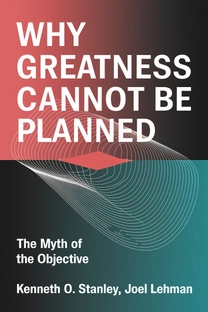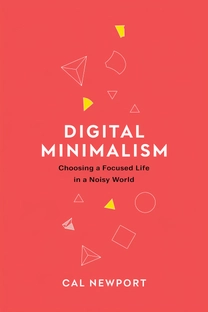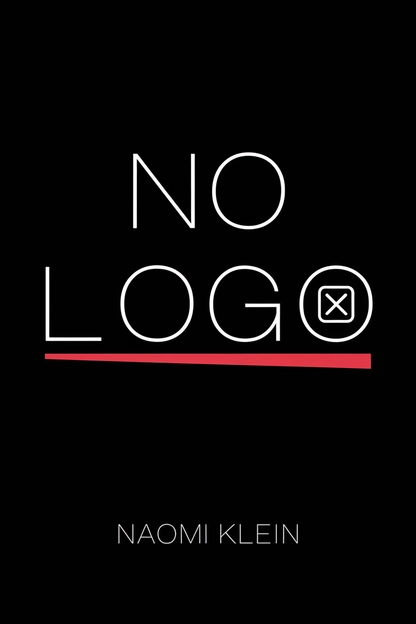
No Logo
by Naomi Klein
Brief overview
This book explores the powerful shift from manufacturing products to building brands and how this transformation affects culture, labor, and activism. It shows how marketing infiltrates nearly every aspect of daily life while revealing the rise of a global backlash against unchecked corporate power. By reading it, you’ll see how deeply brands shape society and begin to envision ways to reclaim public space and workers’ rights.
Introduction
In the early days of mass production, companies prided themselves on the goods they manufactured. Over time, however, the real business shifted from making products to selling ideas, forging powerful brand identities. This book opens by arguing that logos have become the modern global language, recognizable in nearly every corner of the planet.
As more brands rose to prominence, they began sponsoring cultural events and infiltrating public institutions. Ads on college campuses, corporate tie-ins at museums, and naming rights in schools became accepted norms. Yet, something unsettling happened along the way: actual products and manufacturing left the spotlight, replaced by the pure glow of brand image.
Amid these changes, a new generation of activists emerged, confronting the grip of consumerism and corporate influence. This introduction sets the stage for an in-depth look at how commercial culture commodifies nearly everything, creating a tension between corporate power and public life.
From Products to Powerful Brands
Companies once measured success by how many items they could produce, but soon realized that unique brand identities were the real competitive edge. Products themselves were less important—the emotional resonance of a logo or slogan mattered more. Examples from athletic shoes to colas illustrated how manufacturing could be outsourced while marketing took center stage.
These shifts changed the nature of employment. Factories got “spun off” to contractors in low-wage zones, while headquarters focused on concept and design. Ads and sponsorships portrayed brands as saviors of lifestyles—Nike isn’t just shoes, it’s about transcendence in sports; Starbucks isn’t coffee, it’s community. Branding became a quest for corporate “essences” that could captivate global audiences.
Yet, this hollowing-out of production created new vulnerabilities. Corporations disconnected from their labor realities found themselves targeted by activists who exposed harsh factory conditions and poor pay. This chapter shows that the industry’s obsessive brand focus has ironically made it more prone to reputational damage when workers’ stories emerge.
What is No Logo about?
Naomi Klein's "No Logo" is an influential exploration of how branding has evolved into a dominant force shaping global commerce and cultural landscapes. The book delves into the shift from traditional manufacturing to the primacy of brand image, with a focus on the implications this transition holds for society, labor rights, and activism. Klein argues that this transformation has led to a world where brands infiltrate nearly every facet of life, creating a need for awareness and resistance against unchecked corporate influence.
Central to "No Logo" is the idea that brands have transcended their original function of ensuring product quality to become symbols that shape consumer identities and societal values. Through meticulous research, Klein unveils the mechanisms by which global corporations outsource production, often under questionable labor conditions, to focus on polishing their brand personas. The book also highlights the rise of anti-corporate activism, positing that grassroots movements are emerging to reclaim public spaces and advocate for workers' rights.
"No Logo" is more than a critique of modern capitalism; it is a call to action for consumers to question the pervasive influence of branding in their lives. By offering insights into how marketing strategies impact cultural and civic life, the book empowers readers to envision a world where corporate accountability and ethical consumption drive the future.
Review of No Logo
Naomi Klein's "No Logo" stands out for its incisive critique of the branding era, making it an essential read for anyone seeking to understand the contemporary interplay between marketing and everyday life. The book's strength lies in its thorough examination of how branding has surpassed traditional manufacturing in importance, with companies prioritizing logo and image over tangible product quality. Klein presents a compelling narrative about the impact of this shift, notably the erosion of labor rights and the homogenization of cultural spaces.
The book shines in its ability to blend detailed investigative reporting with clear-eyed analysis, making the complexities of global supply chains and labor conditions accessible to a broad audience. Its insights into brand-based economies and consumer culture are both revealing and actionable, inviting readers to engage critically with anti-brand campaigns and reconsider their role within an advertising-saturated environment.
"No Logo" skillfully relates to readers' daily experiences, drawing connections between corporate behaviors and individual choices. Klein's engaging prose and the book's relevance resonate with a diverse audience, from students to industry professionals. Her call to question corporate practices and explore grassroots activism is both timely and empowering, making "No Logo" a recommended read for anyone interested in navigating the nuances of consumer culture with an eye toward social justice and change.
Who should read No Logo?
- College students and young adults exploring consumerism for its impact on public spaces and cultural institutions.
- Marketing professionals eager to understand the deeper societal implications of branding and its role in shaping consumer behavior.
- Activists and social justice advocates interested in strategies for corporate accountability and grassroots resistance.
- Historians and cultural analysts looking to explore the evolving dynamics between global corporations and societal norms.
- Educators and policymakers seeking insights into the intersection of marketing practices, civic life, and labor rights.
About the author
Book summaries like No Logo
Why readers love Mindleap
10-Minute Book Insights
Get the core ideas from the world's best books in just 10 minutes of reading or listening.
Curated For You
Discover your next favorite book with personalized recommendations based on your interests.
AI Book ExpertNew
Chat with our AI to help find the best book for you and your goals.
Reviews of MindLeap
Love how I can get the key ideas from books in just 15 minutes! Perfect for my busy schedule and helps me decide which books to read in full.
Alex R.
The summaries are incredibly well-written and the audio feature is perfect for my commute. Such a time-saver!
Jessica M.
Great app for personal growth. The insights are clear and actionable, and I love how they capture the essence of each book.
Chris P.
The app is beautifully designed and the summaries are top-notch. Definitely worth every penny!
Sarah K.


